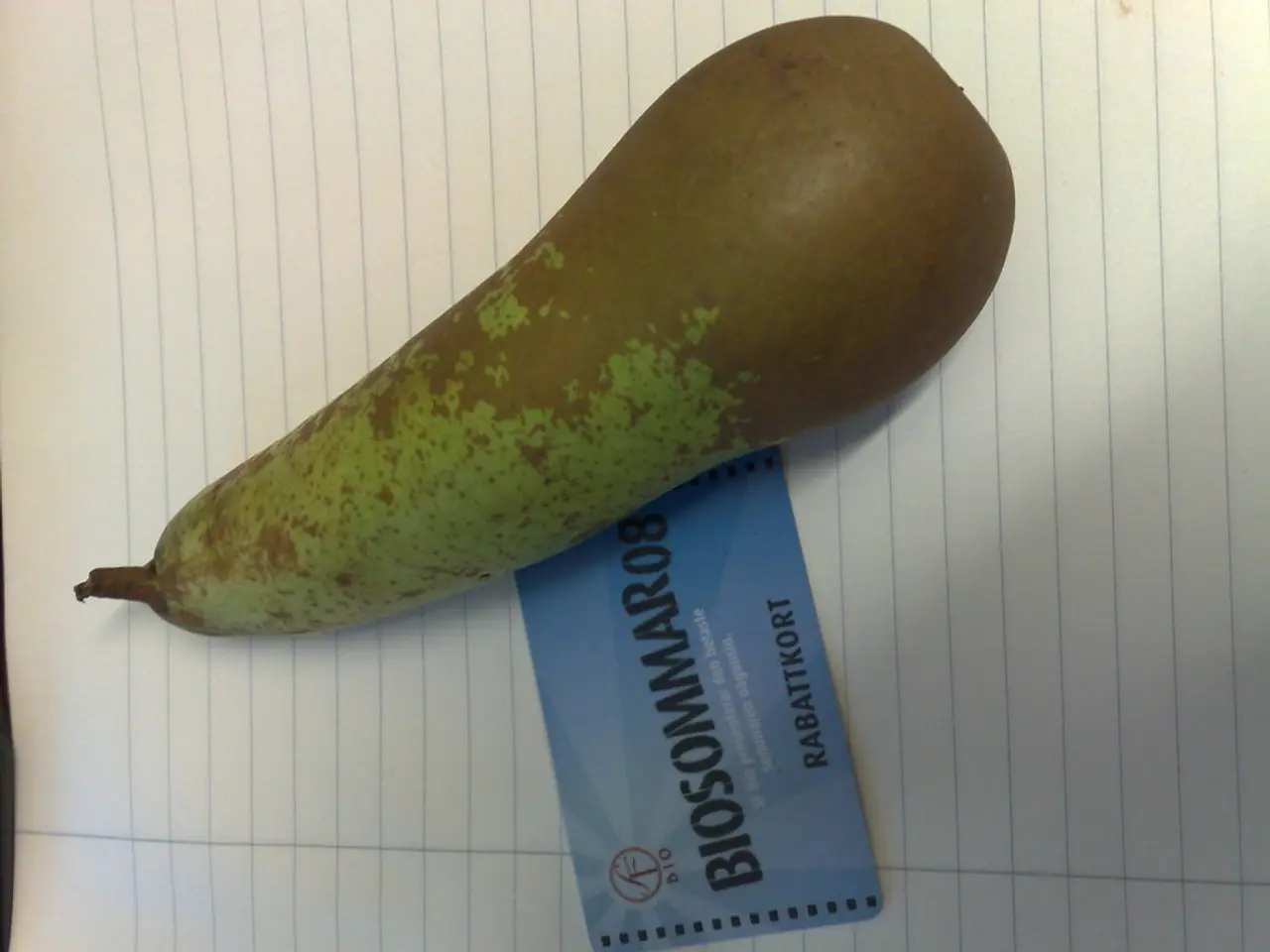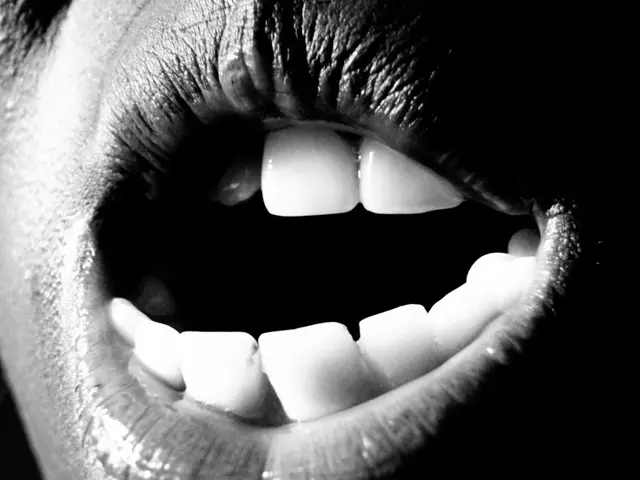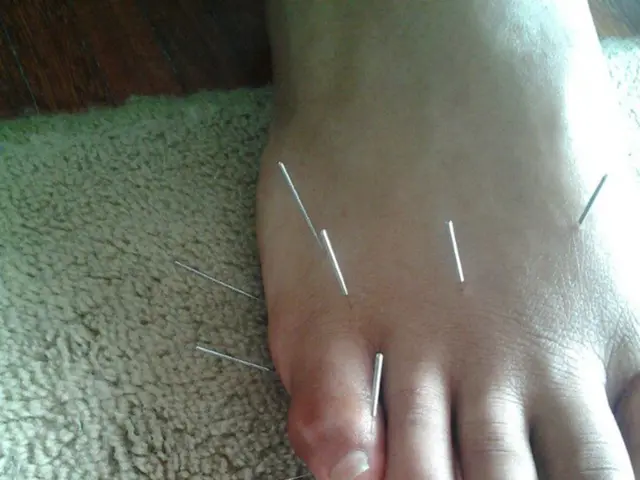If Frequent Nighttime Toilet Visits are Disrupting Your Sleep Quality, Here are Some Potential Solutions
Nocturia, a common condition that affects many adults, is characterized by the need to urinate more than once per night. While occasional nighttime trips to the bathroom may not be a cause for concern, regularly waking up multiple times could indicate nocturia and should prompt you to seek medical advice.
Nocturia can be caused by various factors. Consuming alcohol or caffeine at nighttime, drinking too much liquid before bed, taking diuretic medications, and certain medical conditions such as bladder obstructions, diabetes, and urinary tract infections, are all potential causes. In some cases, the habit of waking up and using the bathroom can also contribute to nocturia.
To help manage nocturia, experts recommend minimizing fluid intake before bed and avoiding large beverages after dinner. Limiting beverage consumption in the late afternoon and evening can also help reduce nighttime urination. For those who find it difficult to abstain from caffeine, limiting intake during the day, particularly avoiding caffeine in the second half, might prove beneficial.
Pelvic floor therapy can be an effective treatment for nocturia, especially for those with pelvic floor issues or incontinence. This therapy aims to strengthen muscles and improve bladder control, ultimately preventing leaks. Basic pelvic floor exercises, such as Kegels, can be performed at home, and a doctor or a pelvic therapy clinic can provide guidance on proper technique.
If you are still waking up multiple times per night despite trying the above tips, it's important to consult a doctor. A healthcare professional can help determine the cause of nocturia, whether it's an underlying medical condition, a side effect of medication, or a lifestyle factor.
In older adults, nocturia is primarily caused by reduced bladder capacity with age, overactive bladder muscle contractions, hormonal changes, underlying conditions like heart failure and diabetes, and behavioral factors including excessive evening fluid intake and stress. For older adults, a clear path to the restroom with appropriate lighting and a cellphone or device to signal any falls in case of emergency is crucial to avoid falls or hip fractures while navigating in the dark due to nocturia.
If you experience severe distress, poor sleep quality, or uncomfortable urinary symptoms due to nocturia, it's essential to seek medical help. Once the cause is determined, a doctor can recommend appropriate treatment, which might include behavioral changes, exercises, or medication.
In conclusion, understanding nocturia and its potential causes can help individuals take proactive steps to manage the condition and improve their quality of sleep. If you are experiencing frequent nighttime urination, consider the tips mentioned above and consult a healthcare professional for personalised advice.
Read also:
- Experiencing Life's Variety Firsthand: Gaining Insights from Life's Broad Spectrum of Experiences
- Impact of Complex Post-Traumatic Stress Disorder on Romantic Relationships: Symptoms, Causes, and Precautions
- Strategies for Keeping Work Reasonable and Rewarding for those with Autism and ADHD
- Impaired Driving Awareness Campaign Announced by MADD Under the Name "End Herre"








